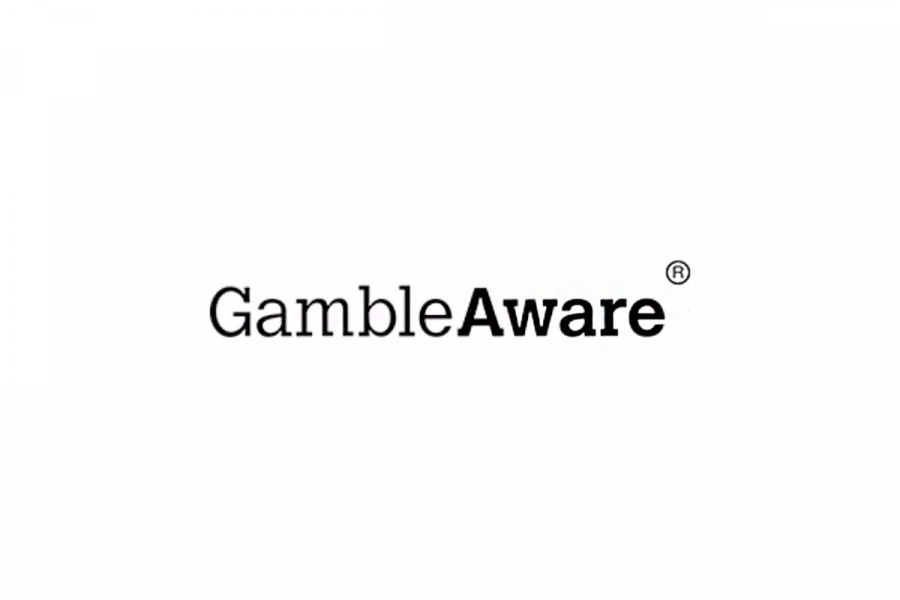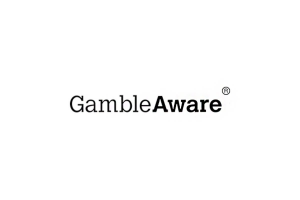The Lancet gambling and health report “echoes our concerns” says GambleAware CEO

The industry-backed charity says it agrees with the warnings issued by the medical journal.
UK.- GambleAware, the industry-backed grant-making body that funds gambling research and treatment programmes in the UK, has spoken in support of a high-profile report on gambling and health published in The Lancet. The world’s oldest medical journal, and one of the most esteemed, warned that gambling, and particularly online gambling, poses a rising global threat to public health.
The report authored by experts in gambling, public health, global health and regulatory policy on the Lancet’s own Public Health Commission on Gambling recommends the urgent creation of stronger global regulatory controls on gambling. It estimated that internationally around 450 million people have at least one behavioural symptom or have experienced a harmful personal, social or health consequence of gambling. Among these, 80 million suffer from gambling disorder, the paper says.

GambleAware chief executive officer Zoe Osmond had welcomed the report. She said: “We’ve long called for gambling harm to be treated as a public health issue, so we welcome that this report echoes our concerns. More needs to be done to end the blight of gambling harm across society.
“Tackling the problem in Great Britain requires a greater understanding of the harm that gambling can cause and a government-led National Strategy to prevent gambling harm, supported by sustainable funding. We hope this will begin with the government’s response to the statutory levy consultation.”
The Lancet’s commission conducted a systematic review and meta analysis, which estimated that gambling disorder affects 15.8 per cent of adults and 26.4 per cent of adolescents who use online casino or slot products, as well as 8.9 per cent of adults and 16.3 per cent of adolescents who participate in sports betting.
The paper said sophisticated marketing and growing access to the internet and mobile phones meant more people had access to gambling, including adolescents and younger children. The report cites an “elevated risk” of harms among adolescents and younger children routinely exposed to gambling advertising. It also raised concerns about the inclusion of gambling-like mechanics in video games.










